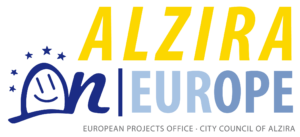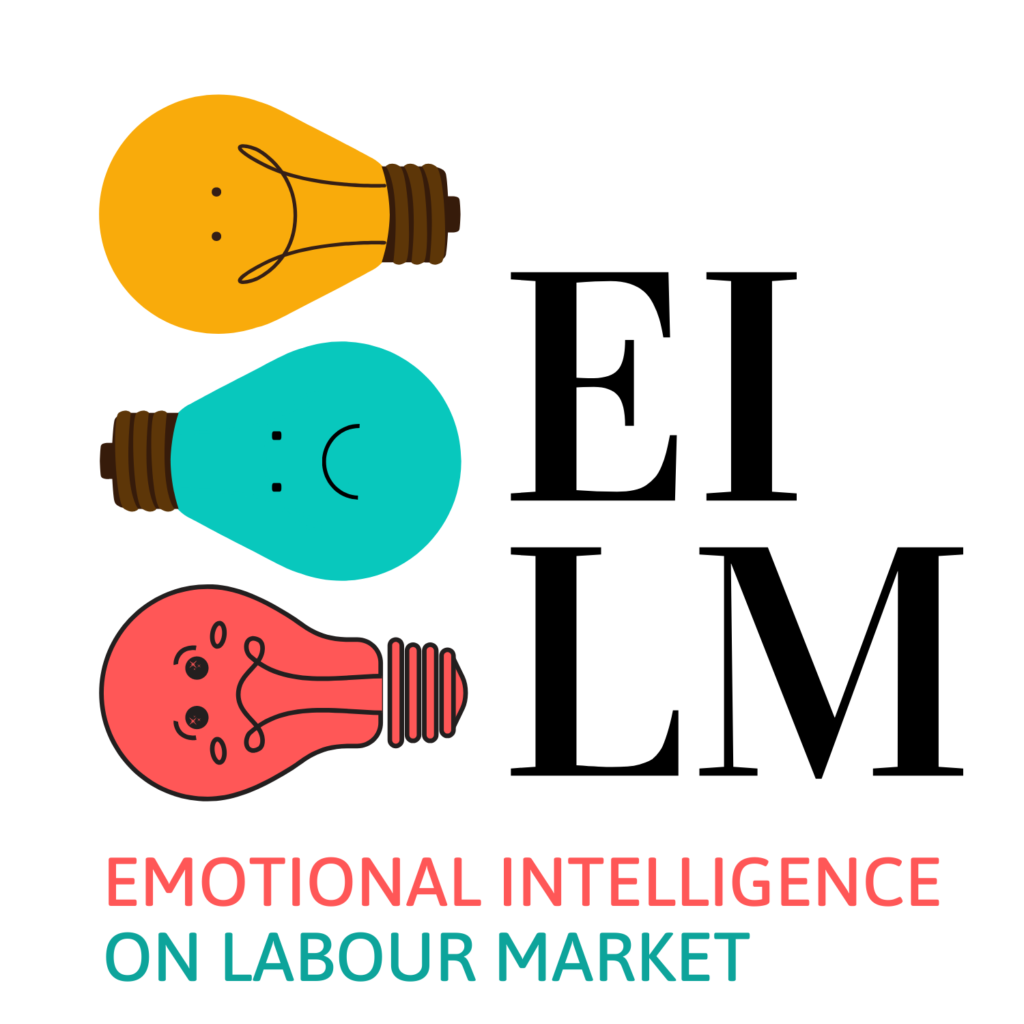Emotional Intelligence on Labour Market
The ultimate objective of the EILM project is to improve the quality of the teaching and learning process by developing competencies in emotional skills among VET educators and trainers to effectively address the specific characteristic of the target group: VET students. Emotional skills training for educators and trainers will enhance their professional practice, improve their expectations of success in teaching the target group and have a positive impact on professional development and future career.

PROJECT’S START DATE: 01/10/2019
PROJECT’S END DATE: 30/06/2022
TOTAL BUDGET: 23.9840,00 €
Description
The project is led by the Italian partner Eduforma Srl and includes partners from Poland, Austria, Romania, Bulgaria and Spain.
The scope of the project focuses on addressing the needs of the Vocational Education and Training sector (VET) in career counselling. According to the research of the project experts (representing all partners) and the available literature, there is a need to update the tests, which have been used for years and the methodology to support career decisions and career development of individuals. The format and methodology of assessment and career development support are no longer suitable for young EU citizens. This means that VET educators and trainers (working in schools, employment agencies, trainers, etc.) are looking for new tools to support career and personal development. The consortium will focus on supporting the emotional intelligence and socio-emotional competencies of the beneficiaries thanks to working on conflict, sharing experiences and equipping trainers with socio-emotional skill. VET educators and trainers are often specialists in their technical subject, but do not have the emotional skills and competencies developed to deal with the complex socio-emotional situations that can arise in the classroom.
Project Partners
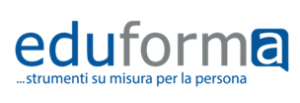

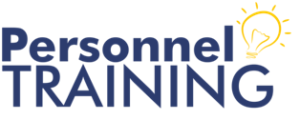



Objectives
- Improve VET educators and trainers’ educational practice quality, by using online tests/guides or coaching sessions to facilitate the management of emotional processes in classroom.
- Develop innovative teaching resources to train VET educators and trainers in emotional competencies.
- Develop an interactive platform with virtual spaces for the self-assessment of emotional competencies, co-creation and dissemination of educational materials, exchange of ideas and methodologies, etc.
- Test the quality of the products obtained consulting stakeholders, associated partners and indirect target groups.
- Disseminate the project at local/regional/national and international level taking advantage of partners’ network.
What is Emotional Intelligence?
Emotional intelligence (EI) refers to the ability of individuals to recognize their own and others’ emotions, discriminate between different feelings and label them appropriately, use emotional information to guide thinking and behaviour, and manage or adjust emotions to adapt to the environment or achieve goals.
Emotional Intelligence Training for Trainers
One of the short-term joint staff training events on the topic Emotional Intelligence Train for Trainers took place at IDEA from 11/03/2022 to 15/03/2022.
VET advisors/psychologists actively involved in advisory support for VET learners in terms of career planning participated in this activity, which aims at understanding the importance of Emotional Intelligence in modern education and workplace settings, knowing the methods to avoid and resolve conflicts using “social and emotional learning”’ (SEL) skills, understanding the relationship between thoughts and emotions, managing the emotions in terms of work life.
Outputs
- EILM online portal with assessment tools
- EILM modular training for VET educators and trainers
- EILM supporting materials for VET educators and trainers
- EILM coaching sessions
